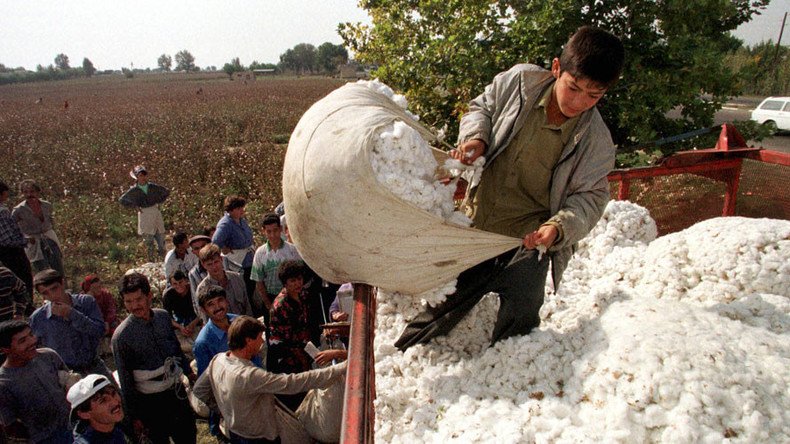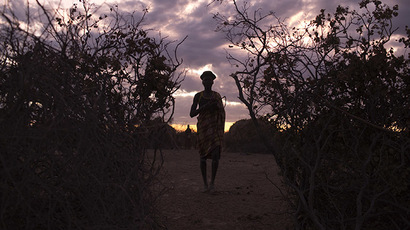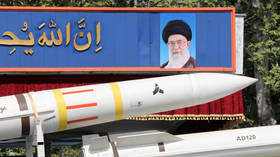World Bank fails to commit to human rights in new safeguard draft, upsets advocacy groups

After a four-year review, the World Bank has come up with a final draft of new safeguard policies, meant to prevent it from funding harmful projects. The document fails to state a binding commitment to respect human rights, disappointing advocacy groups.
The third and final draft was published after a subcommittee of World Bank’s executive board endorsed it on Thursday. The board is expected to approve the document on August 4. Since 2012, when the policy review was launched, human rights groups have been calling on the bank to include stronger wording that would protect human rights in countries in which it develops projects, but the organization declined to do so.
Rights groups expressed their disappointment over the result of the long work, saying World Bank is missing a historic chance.
Silver lining: LGBTI people have been kicked out from @WorldBank#safeguards 3rd version but pigs just made it in! pic.twitter.com/ZszrD8TQxg
— Fabrice Houdart (@HoudartUN) July 22, 2016
“In refusing to acknowledge its rights obligations once again, the World Bank anticipates it will be able to violate human rights without consequence,”said Jessica Evans, senior international financial institutions researcher at Human Rights Watch. “Rather than using this review of key environment and social policies to advance human rights and cement its role as a leader in development, the World Bank has done the opposite.”
“The final draft of the World Bank’s safeguards is sorely disappointing,” said Nadia Daar, head of Oxfam International’s Washington office. “We hoped that the extensive, four-year-long review process would produce a set of policies that would boldly set a new bar for the international development community. Instead, we’re left with a draft that’s riddled with loopholes, fails to meet other international standards, and in some cases, is weaker than existing policies.”
“The disappointingly low bar for the safeguards – ‘no dilution’ – should not be the Bank’s benchmark moving forward,” said the Bank Information Center, a group that monitors World Bank projects. “Instead, the original ambitious objectives of the review process should guide the implementation period, including enhancing protections for people and the environment, providing inclusive access to development benefits and seeking the participation of communities that stand to be impacted.”
World Bank was created in 1944 primary as a vehicle for rebuilding countries damaged by World War II, but has since switched its focus on developing countries. Its funding decisions are based mostly on the economic impact they produce, but the organization has been reluctant about championing human rights issues.
Critics say this stance makes the bank accomplice in violations like child labor in Uzbekistan, forced relocations in Cambodia to arbitrary detentions of drug addicts in Vietnam. The bank argued that adding more regulations would further bureaucratize the institution infamous for red tape. Executives were also eying the rise of other international institutions – particularly in China – with relaxed views on human rights.













